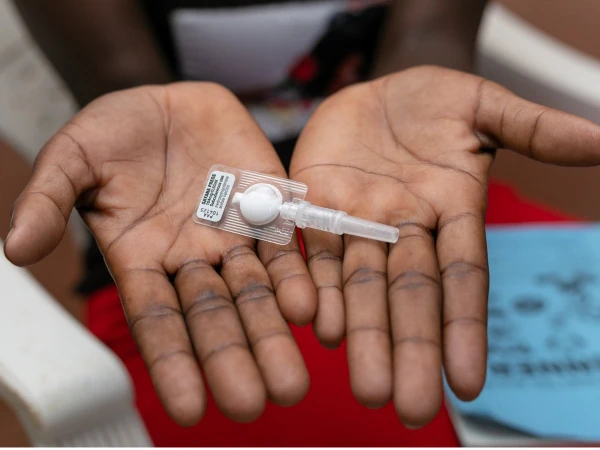The Sindh government has decided to introduce sterilization to control population.
According to the population in Sindh is increasing by the same amount as the population of a district every year. To stop this, the provincial government is making popular the Cyana Press, a self-injectable injection for sterilization (a permanent operation that prevents children from being born) for men and a three-month gap in childbirth for women.
The Sindh Population Welfare Department, in collaboration with Johns Hopkins University, is preparing for a door-to-door survey in 1,600 union councils of the province. Secretary Population Welfare Sindh Hafeezullah Abbasi told Express News that the department will provide contraceptive facilities (such as sterilization, injections, pills, birth control devices) in coastal areas and islands.
He said that awareness sessions will be held for about 5 million workers in factories, while school and university students will be told about the negative effects of population growth. Since men make major decisions at home, it is important to include them in these programs.
The department has so far sterilized 3,000 men in the province. Many men underwent the operation because their children had the blood disease thalassemia or were HIV/AIDS positive.
Director Admin Faisal Mehr said that contraceptive equipment (such as sterilization devices, IUCDs, injections, implants and pills) is provided to major hospitals, health departments and NGOs to slow down the population growth.
He said that Sindh’s population is currently 55 million, and is increasing by about 1.4 million every year. In 2017-18, the province’s contraceptive rate was 31 percent, which is targeted to be increased to 47 percent by 2025 and 57 percent by 2030.
He said that there are family planning centers in our major hospitals where doctors go to the population and provide medicines, injections and other equipment for contraception, while awareness sessions are held in Karachi and rural areas of interior Sindh, after which participants are also given contraceptive equipment.
He said that IUCD (a small device inserted into the uterus that prevents pregnancy for 10 years) and implants (a stick inserted in the arm that prevents pregnancy for 3 to 5 years) are being provided to women in 20 gynecological wards in 9 major hospitals in Sindh.
More than 1,000 mobile mobilizers are being trained to popularize sterilization among men, and vasectomy (sterilization) cases in Karachi increased from 23 to 2,500 in 2022. He said that there is also a simple injection like Cyana Press for women, which they can administer themselves. Since 2018, 1.3 million injections have been administered.
In Sindh, child marriages are rampant, leading to a woman having 6 to 8 children by the age of 30. The department will conduct a door-to-door survey through Johns Hopkins and Zebst University, which will be completed with the help of the Bill & Melinda Gates Foundation and will help achieve the Family Planning 2030 goals.
